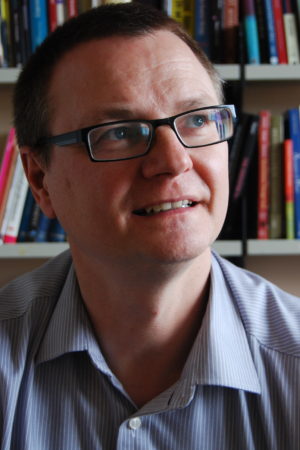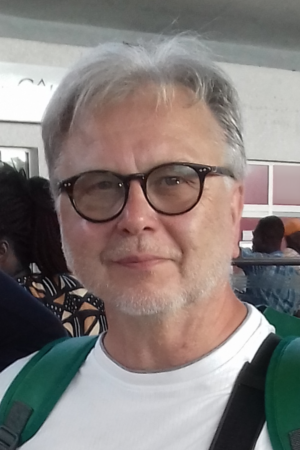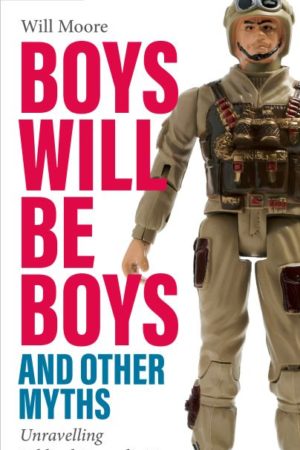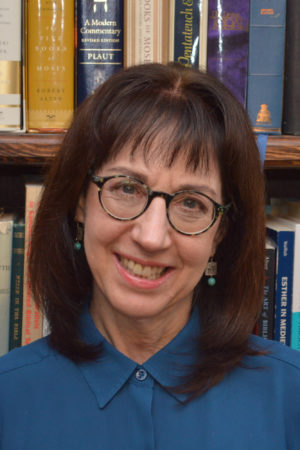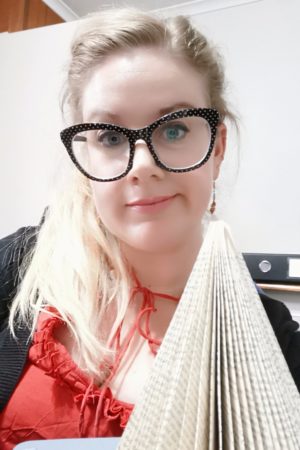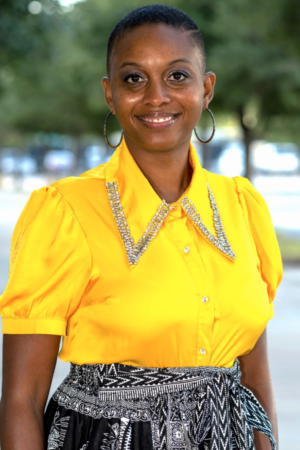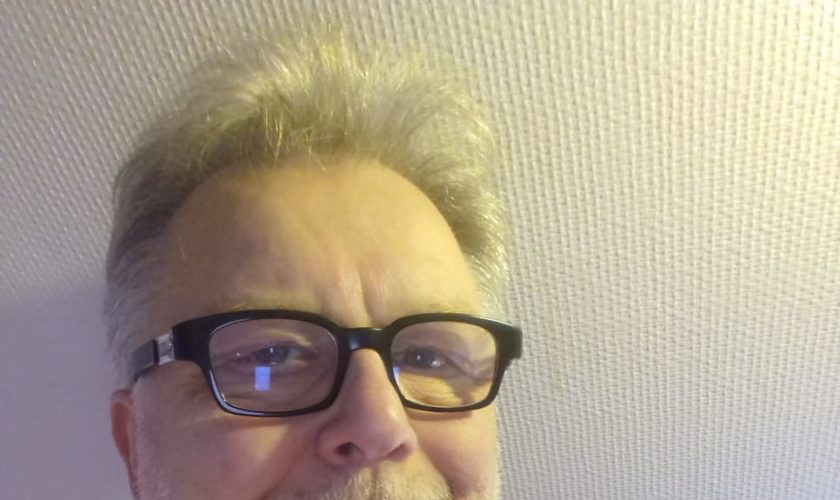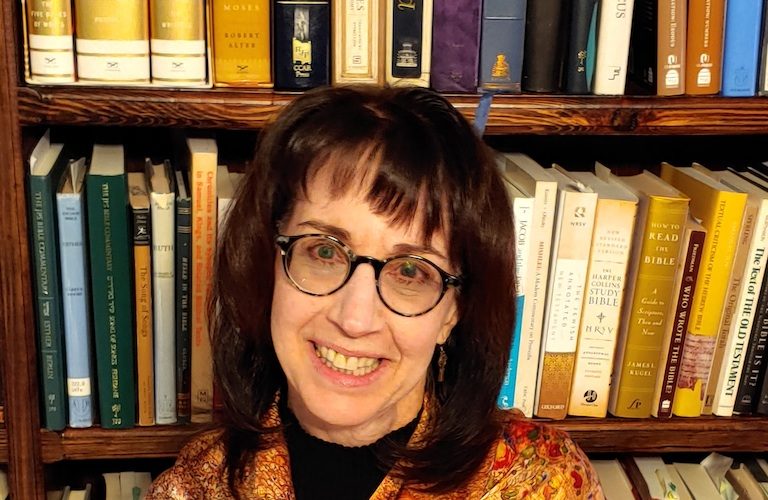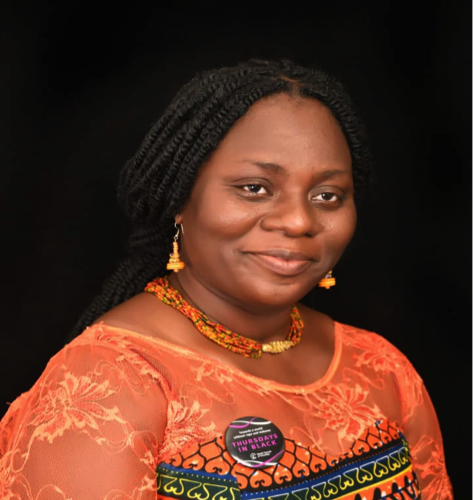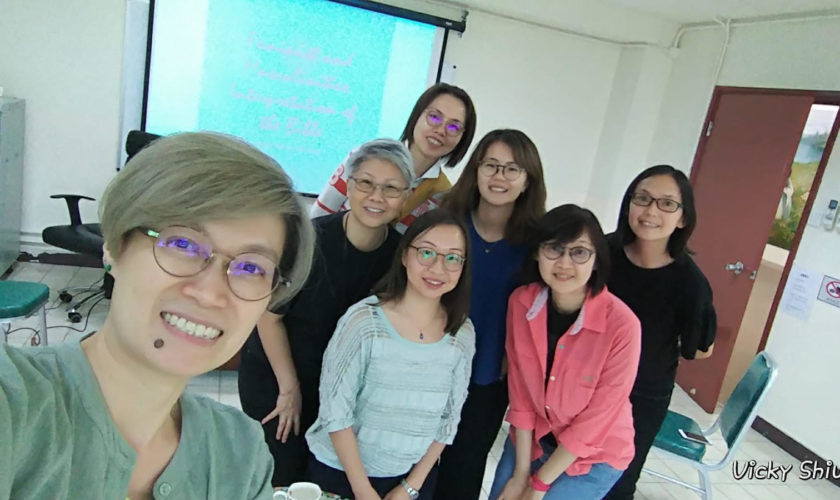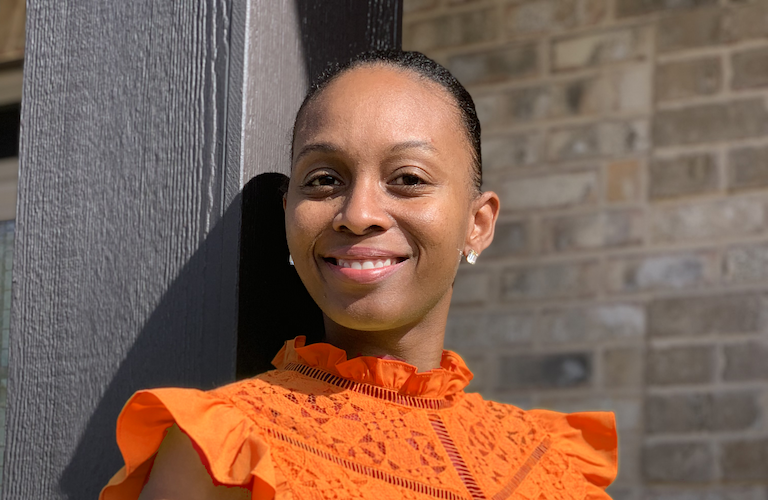Tell us about yourself: who are you and what do you do?
Since 2008, I am Professor for New Testament Studies at the University of Bamberg in Germany. My work lies at the interface of the academy, education and religion. Since 1988 I am also an ordained priest of the Catholic Church (in the diocese of Bamberg). I am one of the many Catholic men who, while benefitting from the gender bias of this Church, is suffering in the face of the traditional gender injustice so powerful in both doctrine and practice. The big goal of my work as a professor and priest is to let people know that God is a power that helps to overwhelm gender bias, gender-based violence and misogyny. I really don’t know if it will be possible to transform the Catholic Church into a tool of gender-fairness but at least I don’t feel alone in my attempt to do so.
How does your research or your work connect to activism?
For me it is quite easy to connect my research with activism. First, because the main topics of my research are gender and developmental justice. With our Bible-in-Africa-research we aim at tearing down the walls that colonialism created by organising an exchange with African students and scholars based on the principle of pluriform equality. Using the opportunities offered by a rich country (Germany) we try to give academics from Africa a chance to display their talent in exploring the Bible in a contextual life-oriented way.
Secondly, my double existence as professor and priest allows me to spread my academic insights into the area of an old and established but still vivid faith-based community. I always try to structure my preaching and my pastoral work with people living at our local Asylbewerber-Heim (‘centre for asylum-seekers’) according to the principle of gender fairness and global justice. In the last years church structures allowed me to organise funds for African students and financial help for immigrants – not to mention the spiritual support that a congregation can give to new-comers. I think, the quota of racist, xenophobic and misogynic people is lower among active Christians than in some other parts of German society. Thus it is easier to find help and feel supported by the consent of many.
Why is activism important to you and what do you hope to achieve between now and the 16 Days of 2020?
Activism is no ‘add-on’ to my academic work. Because I take my research insights seriously, they urge me to act them out accordingly. I cannot read Galatians 3:28 – ‘There is no longer Jew or Greek, there is no longer slave or free, there is no longer male and female; for all of you are one in Christ Jesus’ – and then go and preach that it is okay when women aren’t ordained. I cannot analyse Jesus’ beatitudes of the poor and then ignore those in my village that are suffering from being marginalised and ill-treated. But also, I am also learning from activism for my academic work. Which questions in research are really relevant? Which ones can I leave to those whose prime or even only goal is a university career? Between now and the Days of Activism in 2020 I hope to support especially ‘Maria 2.0’ (an equal-rights-movement of Catholic women) with as many public lectures as possible. I feel that my interpretation of biblical texts is really welcome in this movement.

